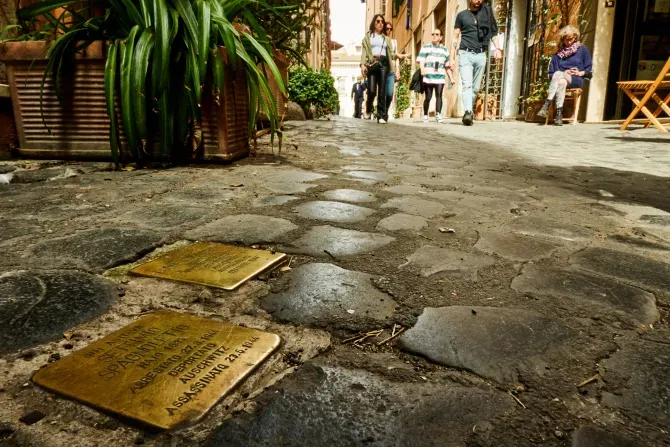Vatican, 08 September, 2023 / 8:25 pm (ACI Africa).
Research in the archive of the Pontifical Biblical Institute in Rome has uncovered a list of the names of thousands of Jewish people who found shelter from Nazi persecution in Catholic religious congregations in Rome from 1943-1944.
While some of the information was first published in 1961, the full documentation, particularly the lists of people hidden in the Catholic institutions, had been considered lost, a Sept. 7 press release explained.
The Nazis occupied Rome from Sept. 10, 1943, until June 4, 1944, when the city was liberated by the Allied forces. During that nine-month period, approximately 10,000-15,000 Jews faced persecution, and almost 2,000 Jews, including children and adolescents, were deported and murdered.
The newly rediscovered documentation references more than 4,300 people hidden by 100 women’s religious congregations and 55 men’s religious congregations during the persecution.
Of the 4,300 people referenced, 3,600 people are identified by name. A comparison with documents in the archive of the Jewish Community of Rome indicates that 3,200 of these were Jews.








